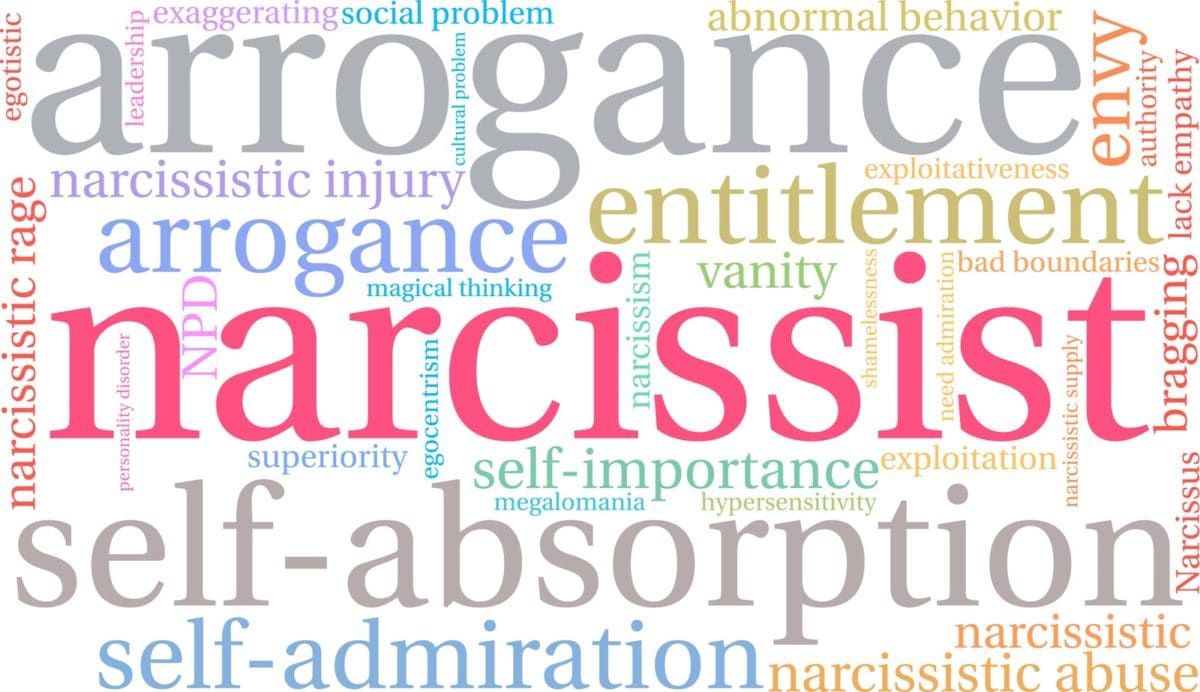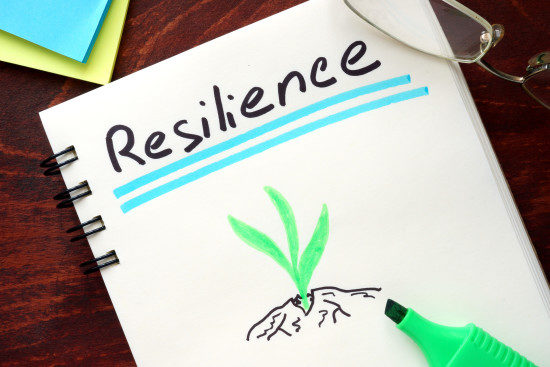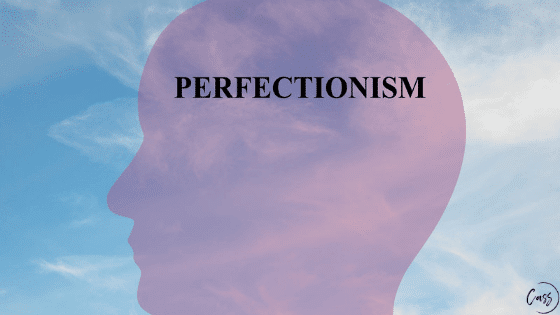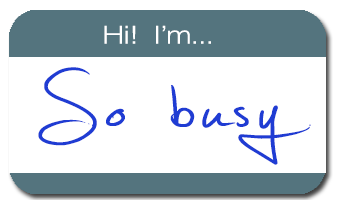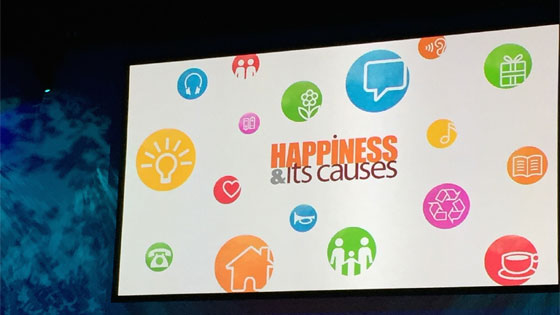FILED UNDER:
psychology
These days the term ‘narcissist’ is used fairly loosely, especially given the impact that reality TV and social media has had on our culture. But if you find yourself in…
READ MOREWe’ve all experienced times in our life when it feels like the responsibilities are piled so high on top of us, we barely have room to breathe. Or when the…
READ MORERE-OPENING AGAIN SOON!
BEYOND CONFIDENT
A holistic program designed to help you cultivate genuine, deep and lasting self-confidence, together with lifetime access to a tight-knit supportive community who will cheer you on every step of the way.
This program is for anyone who has been plagued by Imposter Syndrome, who struggles with self-doubt and knows their anxiety, overwhelm and overwork are all symptoms of a core belief that they're unworthy or undeserving of success.
Much more than just a 'mindset' program, the Confidence Solution offers you the most current, cutting edge approaches to healing to deliver a complete transformation.



